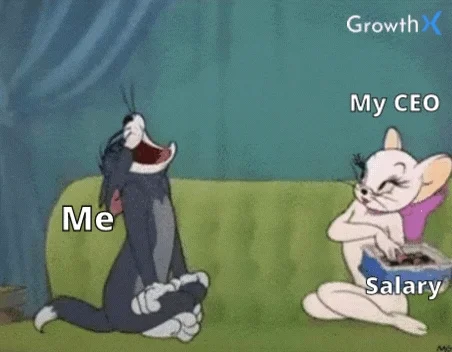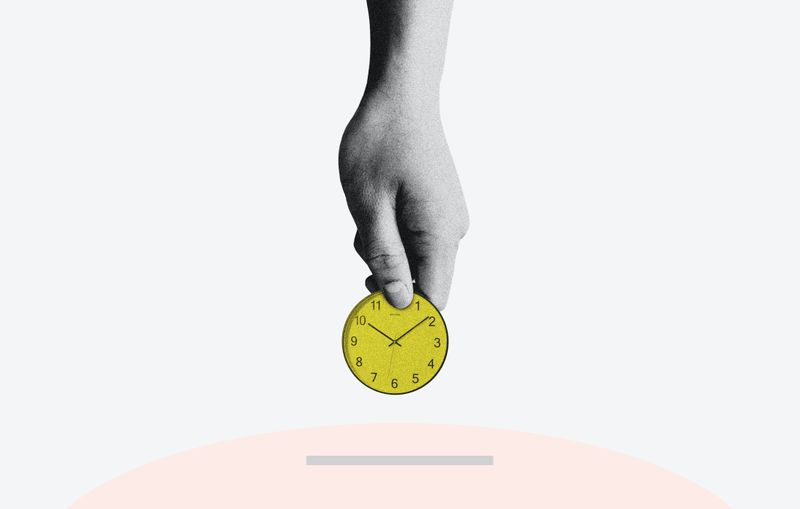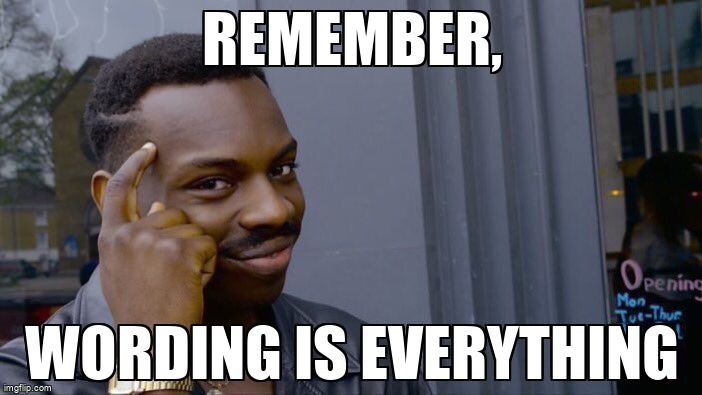Need to ask about salary expectations in a job interview? Follow these 3 STEPS to ask the RIGHT way!

This logo isn't an ad or affiliate link. It's an organization that shares in our mission, and empowered the authors to share their insights in Byte form.
Rumie vets Bytes for compliance with our
Standards.
The organization is responsible for the completeness and reliability of the content.
Learn more
about how Rumie works with partners.
Congratulations! You've successfully reached the interview stage for a job, but you're curious about the salary and benefits. How and when do you ask?

Asking about salary expectations during the interview can be tricky. But if you do it at the right time and in the right way, you'll have a better chance of securing the job!
1. Research
First research salaries and benefits for the role in general and also at the specific company.
Review the job description to see if a specific salary or salary range is listed.
If you decide to reach out to current employees on LinkedIn, gently ask about the expected salary range for the position at their company.
Search on sites such as Glassdoor, Payscale, Indeed, and Comparably.
Did you know?
2. Time It Right
The best time to ask about salary and benefits is when you feel the interviewer is interested in hiring you for the job. 👈🏿
This could be at the end of the second interview or when the interviewer asks questions like, "What's a good start date?" or "Do you have references?"
Whatever you do, don't ask too early. The interviewer might form the wrong impression of you or even eliminate you because you don't fit their salary criteria.
 Photo by Morgan Housel on Unsplash
Photo by Morgan Housel on UnsplashDid you know?
3. Word It Carefully
Phrase your questions appropriately when asking about salary and benefits. Use words like "compensation" and "salary range," instead of "money" and "pay".
You can ask directly or indirectly based on how you feel during the interview. For instance, you can say, "Do you mind sharing what your budget is for this position?"
For a specific script of ways to ask the questions, check out this article.

Scenario

Sean's friend Mark, who works in the same position as Sean but at a different company, referred him to his boss for a job. Sean asked Mark how much money he makes, and decided to go ahead with the interview.
During the final round of interviews, Sean asked, "I was wondering, what would the compensation for this position be like?" When the interviewer asked Sean about his expected salary range, Sean named his price based on his conversation with Mark.
Later, Sean received a rejection by email.
Assuming the interview went well and Sean only made a mistake in asking about the salary and benefits, what was his mistake?
Quiz
Sean most likely went wrong in his...
Sean's wording and timing in asking about salary and benefits was acceptable. The problem is he based his price on Mark's salary. Instead, Sean should have researched more on the topic. Perhaps he was rejected because his salary expectations were too high.
Take Action
With the right research, timing, and wording, you're on your way to getting a job offer — hopefully with the best salary and benefits!

This Byte has been authored by
Rozana Rahman
Learning Experience Designer
